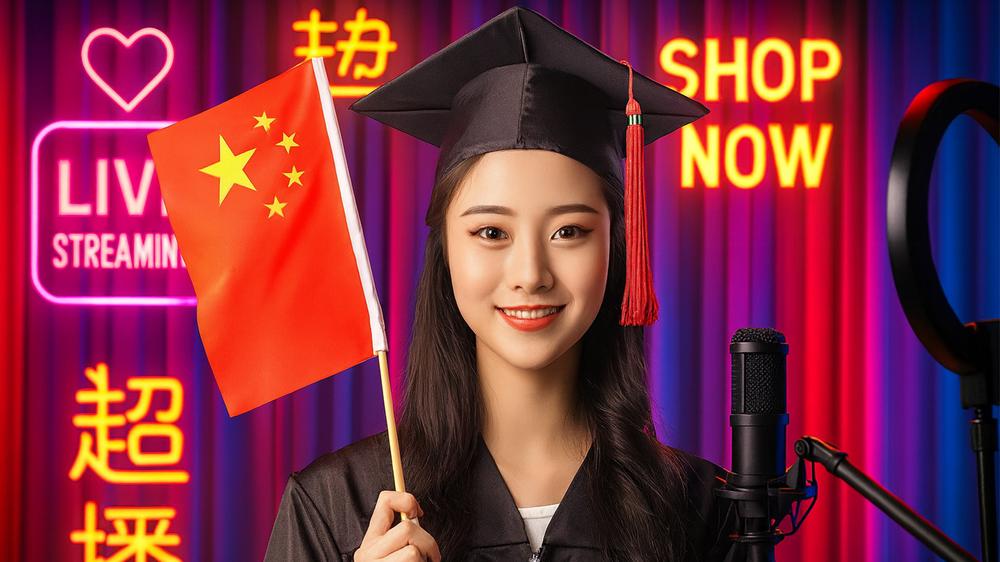China has officially changed the rules for online creators. As of October 25, influencers in the country must show real-world qualifications before posting about sensitive topics like medicine, law, education, or finance.
The new requirements were introduced by the Cyberspace Administration of China. Platforms including Douyin, Bilibili, and Weibo must now check creators’ credentials before their content goes live.
Creators talking about regulated subjects need proof, such as a professional license, degree, or certificate. If they’re caught talking about the ‘serious’ topics, they will face a fine of up to 100,000 yuan, which is about $14,000 USD.
Content must show its sources
Influencers must clearly cite studies or data when they use them in videos. They also have to label any AI-generated material within their content. Platforms are being told to educate users on responsible sharing as part of the rollout.
Advertising limits have also been added. Medical products, supplements, and health foods can no longer be promoted through educational content.
Supporters say the law sets higher standards for information on important issues. Others have raised concerns that tightening control over who can speak on certain topics could limit public conversation.
The change arrives as influencers continue to rival traditional experts in shaping what people trust and pay attention to online.

 YouTube clamps down on CS2 skin gambling ads with new rules
YouTube clamps down on CS2 skin gambling ads with new rules